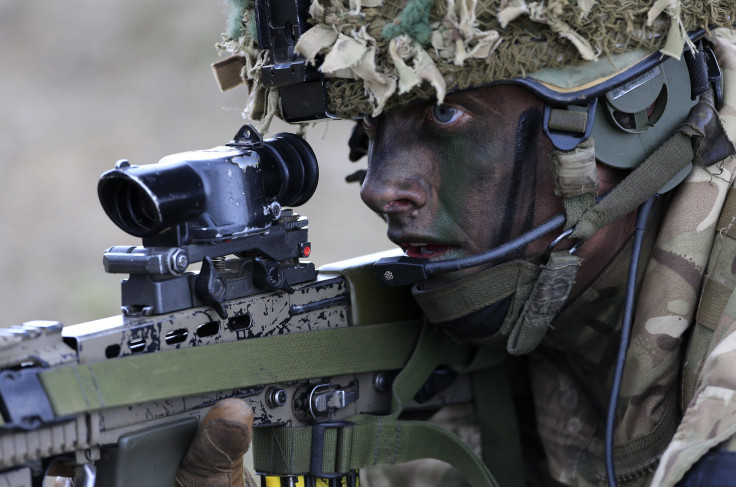British Army to ban anti-malaria drug for troops over links to depression and mental illness

The anti-malaria drug Lariam has been in a controversy due to its reported side effect to mental health after it was given to British soldiers. Calls have been made for an immediate ban on the drug because of the growing concerns and evidences of its effect on UK serviceman.
The mefloquine, or Lariam is a once-a-week anti-malarial given to soldiers serving overseas and in malaria-prone areas. But recently, concerns were raised as experts found Lariam has side-effects linked to severe depression and other mental illnesses on civilians and military.
Conservative MP Johnny Mercer, a former army officer and Afghanistan veteran, suggests for the government to halt the use of the drug until further research has been carried out. Mercer came up to the decision as he has received dozens of letters from service personnel claiming they have experienced the side effects since taking the drug.
"I just think we need to halt putting this drug out there for our guys and girls to use it until a proper study has been done,” he said. Studies may help soldiers and their families assure that the drug is a good defence against malaria and they can feel comfortable taking it, Mercer added.
A senior British army officer, who remained anonymous, told BBC he was suffering the effects as he took the medication. The officer said the short-term effect of the mefloquine gave him no sleep and no proper rest, which affects his ability to reason and to remain objective.
“That's particularly important for servicemen on operations or when working in life-threatening situations,” the officer said. The long-term effects manifested into lasting psychotropic effects, which he has never experienced before.
The claim and other mounting evidences would lead the government to be more than reasonable to prescribe an alternative until it was clear that mefloquine was safe, according to a document from a senior military medic seen by BBC Radio 4's Today programme.
Dr Ashley Croft, who served in the Royal Army Medical Corps for 27 years, believes that around a third of people who take mefloquine suffer significant side-effects. Croft has carried out two detailed pieces of research on mefloquine and its side effects.
Under no circumstances should a person take Lariam to prevent malaria, she said. There are safer options available that will not cause a person to run the risk of the side effects of mefloquine to mental health.
However, the manufacturer Roche said a recent regular safety assessment by EU health authorities supports the previous guidance that the benefits of Lariam outweigh the potential risk of the treatment to people. Public Health England also supports mefloquine to remain as the choice for military personnel in malarial areas.
The US Special Forces already banned the use of mefloquine to its personnel in 2013, but there are those who still oppose the suggested prohibition in UK. If the drug gets banned, sourcing an alternative may leave the military at a larger cost, which requires an economic argument to continue using it.
A Ministry of Defence spokesman said all the medical advice for military medication was based on the current guidelines set out by Public Health England. The MoD will continue to prescribe mefloquine as part of the range of recommended malaria prevention treatments, which he say helps protect personnel from the life-threatening disease malaria.
"Mefloquine is used by civilians and military personnel throughout the world and we only ever prescribe it after an individual risk assessment," he said.
Contact the writer at feedback@ibtimes.com.au or tell us what you think below




















